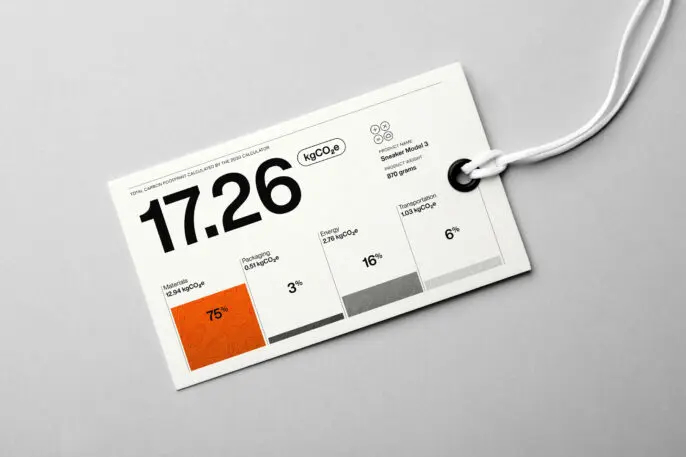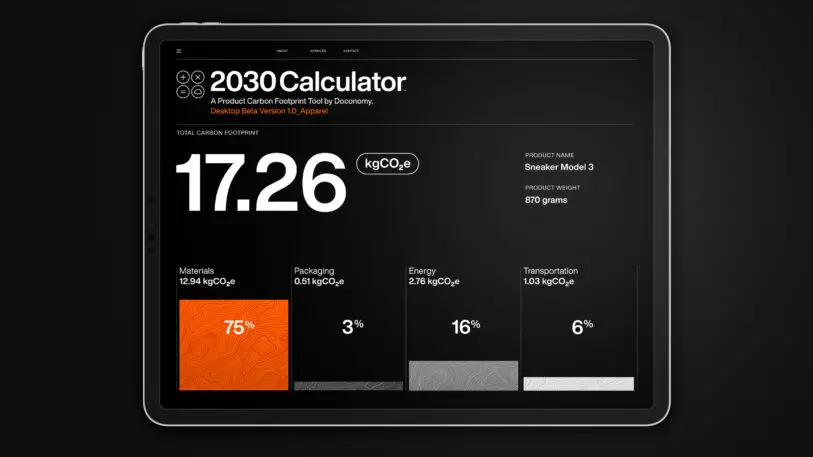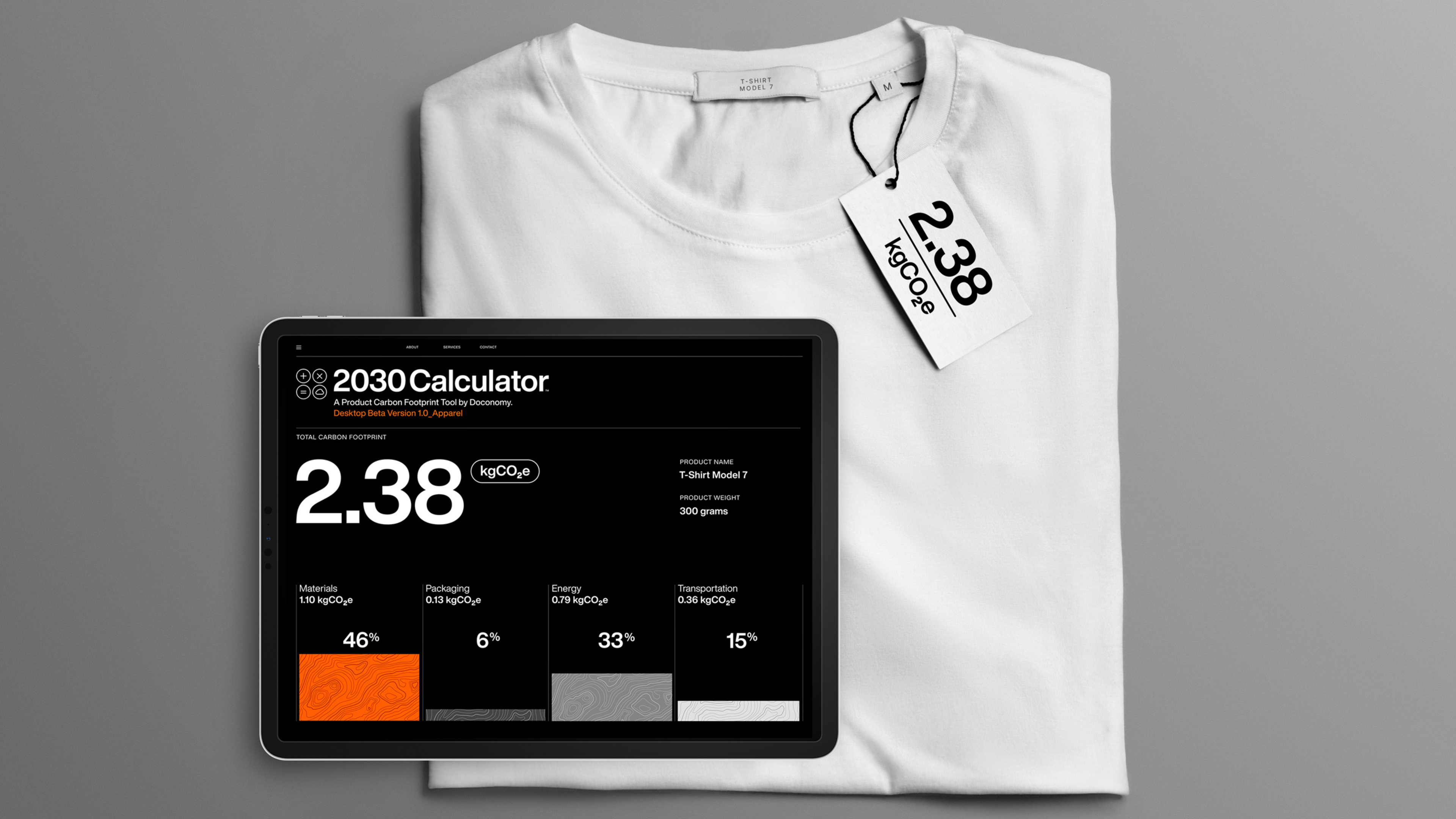For brands looking to understand their environmental impact, calculating the carbon footprint of something like a pair of jeans or sneakers is typically a complex and expensive process. But a new tool called the 2030 Calculator is designed to be both fast to use and free, helping smaller companies become more transparent about the sustainability of their products.

The new tool, which is launching first for apparel and will soon expand to other industries including food, furniture, and consumer electronics, pulls emissions data from more than 300 different factors, based on some simple inputs such as the materials used in the products and the type of energy used in a factory. (Climate Neutral, another startup, provides a similar tool that calculates the carbon footprint of a company overall.) While the tool can’t fully replace a detailed analysis, Wikström says that the results are accurate enough to be meaningful, and because the process is always the same, it gives an apples-to-apples comparison between products from different brands. LCA consultants from a company called 2050 helped build the tool, which was also vetted by experts from accounting firm EY.

The basic premise is simple: If consumers know the carbon footprints of the products they want to buy, many will want to choose the lowest carbon options. “The end result will be that we drive brand preference, and we shape a new form of loyalty from the consumer,” he says. “Because most people want to do good. They just need to understand better what is the difference between really good and not so good.”
Recognize your brand’s excellence by applying to this year’s Brands That Matter Awards before the early-rate deadline, May 3.
